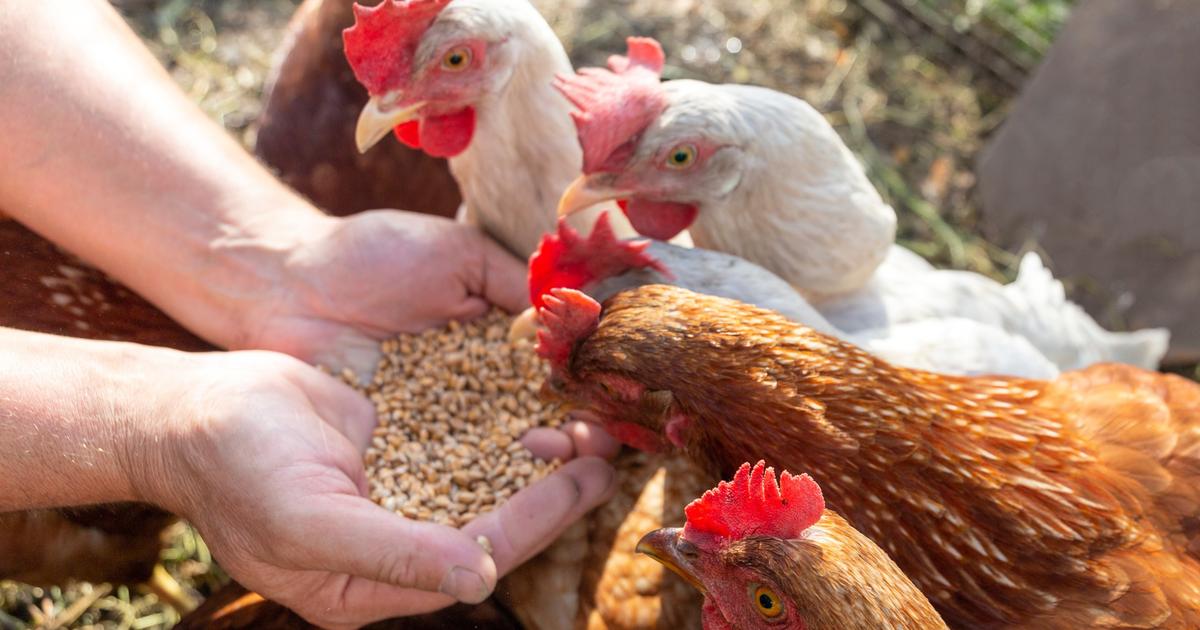Sunflower, rapeseed, flax... there are a multitude of commercially available seeds to feed your chickens.
To discover
What to plant, sow or harvest in March?
Which seeds should you choose for your chickens?
Cereal seeds are the most widespread.
You will find bags of whole or cracked corn, wheat, barley or even oats.
Rich in carbohydrates, they will provide an important source of energy for your chickens.
These seeds should be given whole, as is.
They can also be soaked in water for better palatability.
Oilseeds such as sunflower, flax and hemp can be used as dietary supplements.
They should not be used as a basic diet.
Rich in fat, these seeds are recommended in winter, when temperatures drop.
Other essential seeds: legumes are an important source of protein.
This is the case for soya, peas, beans and even lentils.
These proteins help maintain the level of laying.
Whatever seeds you choose, don't skimp on quality.
You will find in particular organic and GMO-free seeds.
How to make balanced mixtures?
Be careful with the dosage: if corn seeds can be given daily, oilseeds should be used sparingly.
Ultimately, they could cause health problems (obesity, kidney problems, etc.).
It is therefore recommended to invest in seed mixes for your chickens.
The latter will benefit from a varied and balanced intake throughout the year.
One of the classic mixtures for laying hens consists of wheat, barley, peas, sunflower seeds or even oyster shells.
Oysters are a source of calcium, which is essential for making eggs.
Depending on the mix, sunflower will be replaced by linen.
What ration of seeds per day?
In general, it is recommended to respect the following principle: 70% energy intake (corn, wheat, oats, barley, etc.) and 30% protein intake (sunflower, faba bean, pea, lupine, rapeseed, etc.).
Follow the manufacturers' advice.
For example, in the case of rapeseed, do not exceed 10% of the daily diet.
In addition to seeds, it is entirely possible to give other foods to your chickens: crushed fish, cooked eggs, cooked and mashed potatoes, pasta, vegetable peelings, rice, salad, etc.
Without forgetting unlimited fresh water!
Be sure to store your bags of grain in suitable containers that protect the food from mice and rats.
Also make sure the containers stay dry.
Regularly inspect the seeds: in case of humidity, they could mold or fall prey to moths and weevils.
If you need more specific advice on dosage, do not hesitate to seek the advice of a veterinarian.
Good to know
On average, a hen (depending on its size and where it lives) consumes 100 to 160 g of food per day.
Adjust the quantity if there are no seeds left in the feeder the next day.

